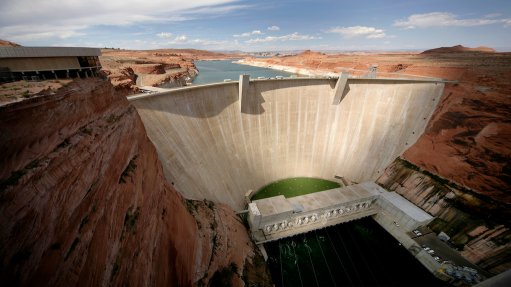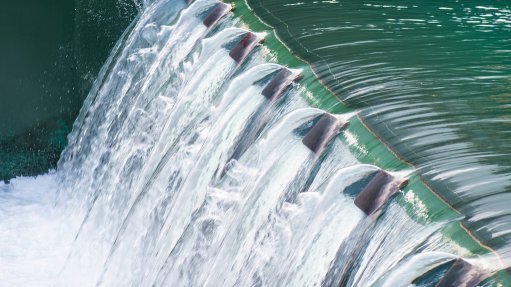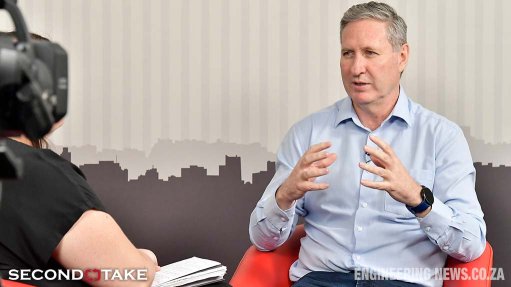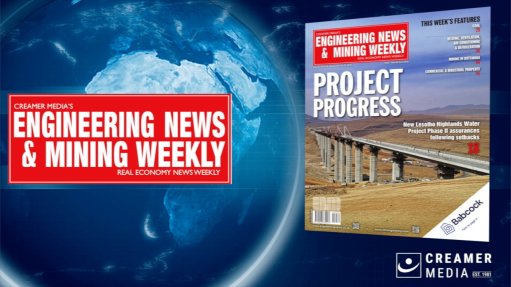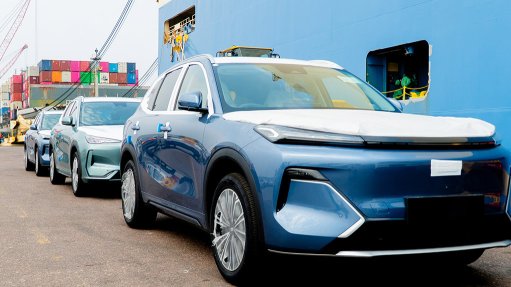Building skills for sustainable growth in Namibia’s booming oil and gas sector
This article has been supplied and will be available for a limited time only on this website.
By: Julien Karambua - Country Manager at Workforce Staffing Namibia
Recent offshore oil and gas discoveries in Namibia could prove to be a turning point for the country. There is potential to attract billions in investment, create thousands of jobs and drive major infrastructure projects. For a country striving to diversify its economy, this represents a once-in-a-lifetime opportunity. However, to avoid the ‘resource curse’ and ensure that the sector will develop sustainably and to the benefit of communities, careful planning is essential. To harness the long-term benefits of this natural resource wealth, Namibia must invest in skills development and transfer, enforce strong governance, and prioritise environmental responsibility.
Investing in people and skills
Skills development is critical in the creation of a thriving offshore industry, because many technical, safety and operational roles require specific accreditation. While Namibia has a strong pool of talented artisans and engineers, they often lack offshore-specific certifications. These may include Standards of Training, Certification and Watchkeeping for Seafarers (STCW-95) for safety and seamanship; Helicopter Underwater Escape Training (HUET) for helicopter escape; Basic Offshore Safety Induction and Emergency Training (BOSIET) for offshore survival; and Dynamic Positioning (DP) for vessel operations. There is also a significant element of on-the-job training required to prepare for offshore work.
If the appropriate training and experience are not available for locals, companies will be forced to rely on expatriates to fill these roles. Expanding access to training requires collaboration between government, industry, and educational institutions. Industry can fund bursaries and placements, training centres like Namibian Maritime and Fisheries Institute (NAMFI) can align programmes with international standards, and government policies, including local content frameworks, can ensure Namibians are empowered to participate fully in the sector.
Ensuring sustainable and responsible development
While there is much interest in Namibia because of this wealth of natural resources, attracting investment is only part of the equation in creating sustainable and long-term economic growth. Namibia is taking steps to address this through establishing a sovereign wealth fund, modelled on successful examples in Norway and the UAE, to ensure oil wealth benefits current and future generations. In addition, draft legislation, including the Petroleum Resource Development Bill, aims to provide transparency and accountability for the sector.
However, responsible development also demands environmental stewardship. Mandatory environmental impact assessments and regional cooperation through the Benguela Current Commission help safeguard marine ecosystems. Oil and gas revenue can also fund clean energy initiatives, such as solar PV and green hydrogen, supporting Namibia’s broader transition to sustainable energy.
Avoiding the resource curse
Other countries have shown the risks of neglecting local communities: inequality, social tension and economic stagnation can follow. To prevent falling into this trap, Namibia must prioritise skills development, transparency, and local participation to ensure the benefits of offshore resources reach the people and help diversify the economy.
Namibia’s oil and gas discoveries are a unique opportunity to transform the economy. By investing in skills, upholding strong governance, and committing to sustainable practices, this boom can deliver tangible, lasting benefits for Namibians today and for generations to come.
Comments
Press Office
Announcements
What's On
Subscribe to improve your user experience...
Option 1 (equivalent of R125 a month):
Receive a weekly copy of Creamer Media's Engineering News & Mining Weekly magazine
(print copy for those in South Africa and e-magazine for those outside of South Africa)
Receive daily email newsletters
Access to full search results
Access archive of magazine back copies
Access to Projects in Progress
Access to ONE Research Report of your choice in PDF format
Option 2 (equivalent of R375 a month):
All benefits from Option 1
PLUS
Access to Creamer Media's Research Channel Africa for ALL Research Reports, in PDF format, on various industrial and mining sectors
including Electricity; Water; Energy Transition; Hydrogen; Roads, Rail and Ports; Coal; Gold; Platinum; Battery Metals; etc.
Already a subscriber?
Forgotten your password?
Receive weekly copy of Creamer Media's Engineering News & Mining Weekly magazine (print copy for those in South Africa and e-magazine for those outside of South Africa)
➕
Recieve daily email newsletters
➕
Access to full search results
➕
Access archive of magazine back copies
➕
Access to Projects in Progress
➕
Access to ONE Research Report of your choice in PDF format
RESEARCH CHANNEL AFRICA
R4500 (equivalent of R375 a month)
SUBSCRIBEAll benefits from Option 1
➕
Access to Creamer Media's Research Channel Africa for ALL Research Reports on various industrial and mining sectors, in PDF format, including on:
Electricity
➕
Water
➕
Energy Transition
➕
Hydrogen
➕
Roads, Rail and Ports
➕
Coal
➕
Gold
➕
Platinum
➕
Battery Metals
➕
etc.
Receive all benefits from Option 1 or Option 2 delivered to numerous people at your company
➕
Multiple User names and Passwords for simultaneous log-ins
➕
Intranet integration access to all in your organisation








